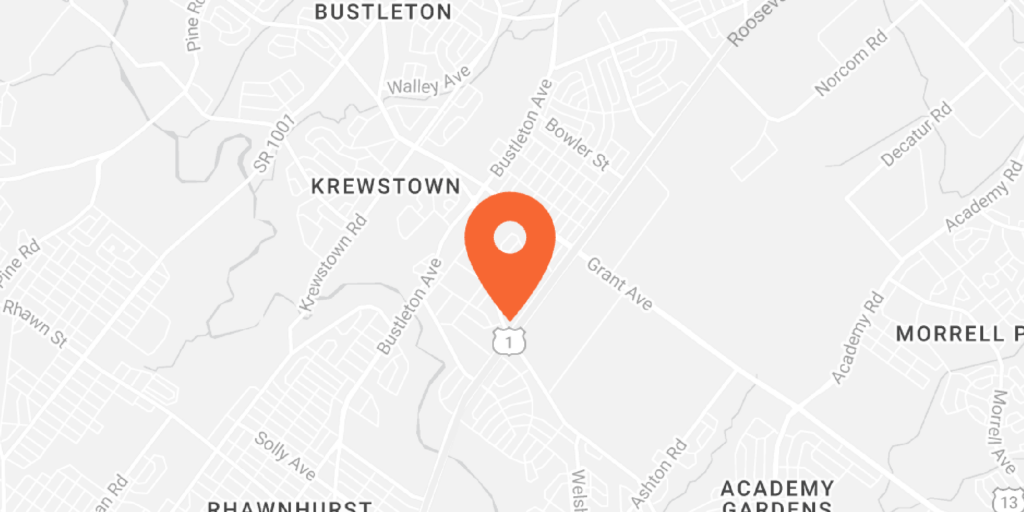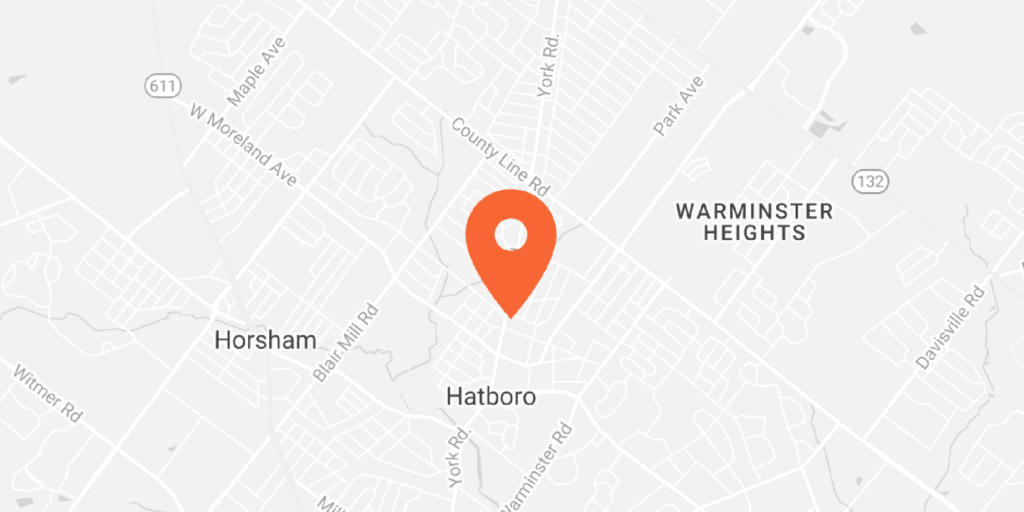What was once a bracing new innovation in dental care has now become something like a rite of passage for many. Teenage development is almost synonymous with braces, now.
As such, when a problem arises with the process, it affects an incredibly wide swathe of people. With the increase in adults with braces, this group grows larger still. And there is a rather common problem that pops up with braces. Sometimes they hurt.
As effective a solution as braces are to many dental irregularities, they are a foreign body affixed inside the mouth. Some discomfort is common. One of the hardest parts of tooth correction can be that first week with braces. Lucky for those in that adjustment period, there are plenty of ways to become more comfortable and minimize the growing pains that come with braces.
How Braces Work
The very nature of braces can shed some light onto why those who wear them experience discomfort. Once we understand the way braces function, causes of pain and their remedies become much clearer. Let’s take a look at the parts of traditional braces.
Brackets
Brackets are the tiny metal pieces that get attached to each tooth. A dentist will use very strong non-toxic adhesive to stick a bracket to the patient’s teeth. These contact points are used in conjunction with archwire to apply constant, steady pressure.
Archwire
Archwire is the specific type of flexible wire used when attaching braces. The archwire connects to each bracket, as well as the back molars. It is from there that the dentist will adjust the braces by tightening or loosening the pressure with which the archwire squeezes the teeth together.
Take a moment to reflect on that process. Braces apply consistent pressure to all the teeth in the mouth. They squeeze them together, at such a rate that the teeth can shift without permanent damage. It stands to reason that this may result in some discomfort.
But, now that we have a better idea of how this adjustment actually works, let’s take a look at some tips to help you make it through your first week with braces.
Use Pain Medication To Get Through the Initial Adjustment
Remember what we established about braces being, at the core, a foreign body in your mouth? It’s a change, and our bodies sometimes struggle to adapt to changes. This may well be the case for someone with a new pair of braces.
Especially in that first week, your teeth and gums simply aren’t used to the constant pressure of wire against them. This can actually increase blood flow to the gums, and cause inflammation or pain. The good news is: this will subside over time, when your mouth is more used to it. For a smoother transition into that, try over-the-counter pain medication.
A few advil or motrin a day might be just what you need to bridge the gap, and help your mouth become more comfortable with the idea of some metallic adjustment.
Avoid Hot and Cold Foods
In our last tip, we talked briefly about the braces pain that comes with increased blood flow to the gums. This can also heighten sensitivity to temperatures. To minimize shock to your sensitive gums, try to let foods warm or cool to room temperature before eating. This is much gentler on your gums, which may be more sensitive for a short time.
Don’t be Afraid to Say Something
Another factor that can cause braces pain might be more difficult for a patient to pinpoint. Earlier, it was mentioned that an orthodontist adjusts the tightness of braces manually. While it is always wise to find a practice you trust, it is equally important to remember that doctors are human, too.
It is possible for an orthodontist to make braces a bit too tight, or not tight enough, for your particular mouth. This can lead to persistent, and sometimes more acute pain. If you feel this may be the case, don’t hold back sharing with your orthodontist. He or she can always adjust the braces to see if that is the cause of an issue.
If you’re unsure and undesiring to visit a clinic in this time of COVID-19, a virtual orthodontic exam may be able to help pinpoint the cause of braces pain.
Eat Soft Foods
If you haven’t already noticed a trend with these tips, the paramount practice to deal with your first week with braces is to be gentle. Take it easy on yourself. Your mouth is adjusting to a new piece of equipment, and that causes all kinds of sensitivity.
Along with an aversion to strong temperatures may come a soreness in the gums and teeth while chewing. The cardinal rule to remember here is that harder foods are harder to chew. Your mouth may struggle to do the work it takes to mash food you didn’t previously realize was hard at all, like certain kinds of bread or steak.
Stick to soft foods to mitigate this temporary weakness. Let your cereal sit for a minute or try oatmeal. Your first week with braces is a great time to enjoy some cooled soup, rice, or mashed potatoes.
Get a Soft Bristle Toothbrush
This tip continues the trend of being gentle with yourself. It also comes with a second, hidden tip tucked inside. Brush your teeth often! It is very easy for small particles of food to become stuck in the brackets and wires you aren’t used to. Keep them clean to minimize your risk of infection.
And, when you brush, make sure to use a toothbrush with soft bristles. The graze of hard bristles against your newly sensitive gums may be just the overlooked stress that’s causing your braces pain.
Stick With It
Some of the practices listed above are great habits to carry on long after your first week with braces. If pain becomes acute, don’t hesitate to take some Advil, or say something to your orthodontist. But, if you can survive that first week, things will only get better.
Braces pain happens. But the results are well worth enduring. Straighter teeth are easier to clean, healthier for your mouth, and bring you confidence. Talk to an orthodontist you trust about braces.



